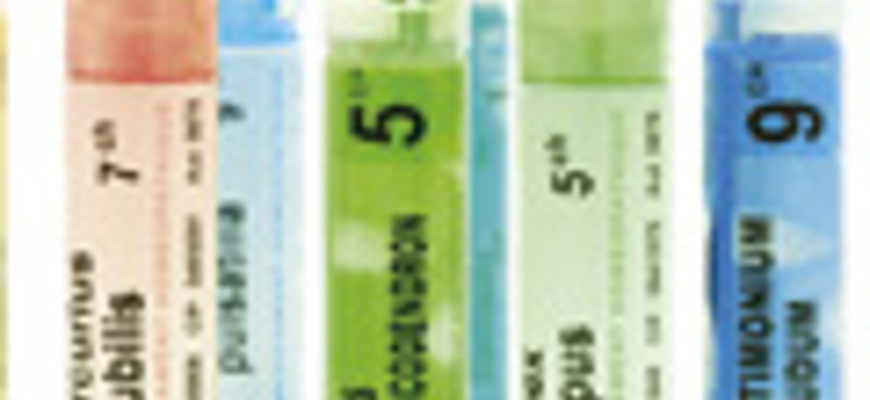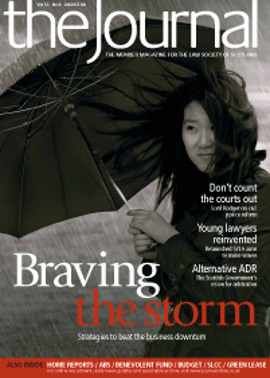Worse than the disease?

Alternative medicine is big business. From Acupuncture to Yoga (I couldn’t think of an example for “Z”, but I wouldn’t be surprised if there is one) there are all sorts of remedies, treatments, techniques, practices, devices and indeed entire medical and philosophical systems available in the UK that claim to cure disease, rebalance the body’s energy fields and generally heal the sick.
Proponents of the myriad forms of alterative medicine argue that it is in some way “outside science” or that “science doesn’t understand why it works”. Critical thinking scientists disagree. The best available scientific data show that alternative medicine simply doesn’t work, they say: studies repeatedly show that the effect of some of these alternative medical therapies is indistinguishable from the well documented, but very strange “placebo effect” – the therapeutic and healing effect of an inert medicine or ineffective therapy (the placebo in question).
It is a debate which has raged for decades, and will almost certainly continue to do so.
What’s not allowed now
Enter the Consumer Protection from Unfair Trading Regulations 2008. These came into force on 26 May to surprisingly little fanfare, despite the fact they represent the most extensive modernisation and simplification of the consumer protection framework for 20 years.
The regulations prohibit unfair commercial practices between traders and consumers through five prohibitions:
- a general prohibition on unfair commercial practices (reg 3);
- a prohibition on misleading actions (reg 5);
- a prohibition on misleading omissions (reg 6);
- a prohibition on aggressive commercial practices (reg 7);
- a prohibition on 31 specific commercial practices that are in all circumstances unfair (sched 1).
One of the 31 commercial practices which are in all circumstances considered unfair is “falsely claiming that a product is able to cure illnesses, dysfunction or malformations”. The definition of “product” in the regulations includes services, so it does appear that all forms of medical products and treatments will be covered.
A trader selling a product or service that is based on alternative medicine is likely to claim that it is able to cure illnesses, dysfunction or malformations. If they do so falsely then they commit a strict liability offence, which on a summary conviction is punishable by a fine not exceeding the statutory maximum (£5,000), or on indictment, a fine or up to two years’ imprisonment or both.
Up the creek?
If we accept that mainstream evidence-based medicine is in some way accepted by mainstream science, and alternative medicine bears the “alternative” qualifier simply because it is not supported by mainstream science, where does that leave a trader who seeks to refute any allegation that their claim is false?
Of course it is always open to the trader to show that their alternative therapy actually works, but the weight of scientific evidence is likely to be against them.
Regulations 17 and 18 set out defences to the strict liability offence. If a trader can prove the offence is due to a mistake, reliance on information supplied by another person, the act or default of another person, or an accident or another cause beyond their control, they have a defence provided they can show they took all reasonable precautions and due diligence to avoid committing the offence. In the case of advertisements, if an advertising business does not know that publication of the advert will be an offence, it can avail itself of the “mere conduit” defence.
However, when the best available scientific studies show that an alternative medicine or therapy is no more effective than a placebo, and this has been brought to the trader’s attention, it must be questionable whether they can avail themselves of the defences in regs 17 and 18.
Given the considerable commercial vested interests in the markets for many alternative therapies such as homeopathy, acupuncture and many so-called “herbal remedies”, and the endless debate on the appropriate place (or otherwise) of such alternative practices in medicine, one wonders whether local trading standards bodies, the Office of Fair Trading and the Advertising Standards Authority (in respect of claims made in adverts) will be willing to take enforcement action against all but the lowest level purveyors of snake oil, healing crystals and charm bracelets.
Douglas McLachlan is an associate with Biggart Baillie’s IP & Technology Group
Taking aim at extended warranties
Another commercial practice which is in all circumstances considered unfair is “presenting rights given to consumers in law as a distinctive feature of the trader’s offer”. This has led to speculation that the practice of selling many “extended warranties” to consumers will be unfair.
In an extended warranty, the trader guarantees that the product is free from defects and that he will repair or replace it for a certain period of time (for example, a year). However, the Sale of Goods Act 1979 imposes a duty on retailers that the products they sell must be of “satisfactory quality”. That means the product must work and remain working for a reasonable period of time. Clearly it would not be reasonable if a widescreen TV or a washing machine broke down during the first few years, yet many extended warranties are sold to consumers to guarantee they won’t despite the fact that the consumer is already protected by existing legislation.
It is likely that the sale of extended warranties in these circumstances will now be unfair.
In this issue
- Where have we come from, where to next?
- Shifting sands
- A rank bad rule
- Braving the storm
- Civil justice: where next?
- Title Conditions Act: new registration procedures
- Young lawyers reborn
- Shining some more light...
- Power to the tribunal?
- Piece by piece
- The poor in our midst
- The Society's future role in complaints handling
- Appreciation: Lord Johnston
- Professional Practice Committee
- Facing the lean years
- It's a web 2.0 world
- Questions, questions
- Bare necessities
- Coming on the blind side
- Relocation, relocation
- Worse than the disease?
- Sleeping bounty
- Scottish Solicitors' Discipline Tribunal
- Website reviews
- Book reviews
- Industry standard
- Meet the committee
- What's in a motto?
- Leasing by example
- Good call?
- Home reports - the practice questions






